 | Apologies if you have already seen aspects of this post on r/CryptoCurrency (here) or on r/ethtrader (here), I wanted to give the official Rocket Pool team a chance to post this exciting news here themselves first! I've summarised my original post and also added some of the recently released information about the plans for Rocket Pool's launch on mainnet, including the staged mainnet rollout and the list of launch partners for Rocket Pool's Oracle DAO, which includes some of the most important teams and individuals in the Ethereum / ETH2 ecosystem. TLDR;- Rocket Pool has just announced it’s mainnet launch date for October 6th! - Permissionless, fully decentralised, and non-custodial liquid staking will be possible on Ethereum with as little as 0.01 ETH. - Rocket Pool allows for a large network of node operators around the world, with no single centralised points of failure. - Stakers and node operators maintain custody of their funds, and withdrawals are smart contract enforced, so there is no need to trust a third party with your ETH or the withdrawal keys. - Importantly, Rocket Pool is also designed to allow stakers and node operators to maximise their returns, allowing for greater opportunities and staking yields. - Launch partners for Rocket Pool's Oracle DAO include some of the most important teams and individuals in the Ethereum / ETH2 ecosystem. - We NEED decentralised staking pools to protect the health and decentralisation of Ethereum, and avoid the concentration of ETH staking on centralised and pseudo-decentralised staking competitors. Just because you get a liquid staking token in return, doesn't mean their staking infrastructure or network of node operators are decentralised. - You can also check out the official announcement post from the Rocket Pool team with all the relevant launch details. Who can stake ETH using Rocket Pool?In Rocket Pool, there are two types of users. - “Stakers” are able to stake any amount, with as little as 0.01 ETH, and will be free to withdraw it whenever they want! In a super simple 1-click process, with the ability to keep funds on your hardware (or any other) wallet the entire time, they can deposit ETH and receive rETH (staked ETH on Rocket Pool) in return. - “Node operators” with at least 16 ETH, and 1.6 ETH worth of RPL as insurance collateral, plus the appropriate hardware and technical knowledge, can run a node on the Rocket Pool network. "Node operators" will earn a greater ROI staking ETH on a node inside the protocol vs outside of it, due to earning the staking APY on their own ETH + a commission on the matched 16 ETH from rETH holders + RPL rewards based on the level of RPL insurance collateral they have provided. Mainnet Rollout Plan
- Additionally, on the note of security and safety in their approach, the Rocket Pool team has also completed three rounds of audits and re-audits with Consenys, Sigma Prime, and Trail of Bits. They currently have a live bug bounty program with Immunefi with a maximum bounty of $100,000. Mainnet rollout will occur over 4 stages to ensure a safe and secure launch How is Rocket Pool different to staking on a centralised exchange or with other pseudo-decentralised liquid staking providers?- In the Rocket Pool protocol, anybody with the required amount of ETH and RPL can be a node operator, rather than the Rocket Pool team choosing a select few node operators they give permission to join. This allows for a large, decentralised network of node operators all around the world. There isn’t a single centralised point of failure. - Withdrawals by node operators are smart contract enforced, there is no need for node operators to trust the Rocket Pool team or another third party with their withdrawal keys, and no need for rETH holders to trust the node operators to return their share of ETH back to the network – this process is built into the system. - rETH holders can stake whilst maintaining custody of their own funds and simply storing rETH on their hardware wallet or other wallet of their choice. And they can also swap it back to ETH from within their hardware wallet at any time! - rETH holders keep approximately 90% of the staking rewards. It is much more competitive than other centralised exchange alternatives, such as Coinbase which takes a fee of 25% of staking rewards (stakers keep 75% of their rewards), and Kraken which takes a fee of 15% of staking rewards (stakers keep 85% of their rewards). - Following the merge to proof-of-stake, lucrative priority fees and MEV rewards will go to staking validators rather than miners, which is expected to considerably increase the Ethereum staking APY. Rocket Pool has designed the protocol to fairly distribute these rewards to both "stakers" holding rETH, and "node operators". It remains to be seen how other staking competitors will approach this, and whether they will similarly share this value to stakers on their platforms. But... What about gas / Vitalik said in 2014 that transactions should be cheap!- For those concerned about gas costs, fair enough! High gas costs are frustrating and can price people out of using the network. Luckily, there are Ethereum scaling solutions that are available now, called "Layer 2" solutions. These include Arbitrum and Optimism, which have both recently deployed to mainnet, and are progessing through their initial phased rollout, and are expected to grow exponentially. Layer 2 solutions offer scaling whilst inheriting the decentralisation and security of Ethereum. This is the future, and it's here without sacrificing decentralisation or security. See this and other posts by u/Liberosist for more excellent information on this topic. - In regards to Rocket Pool, you will almost inevitably be able to trade rETH on a decentralised exchange on a Layer 2 solution such as Arbitrum or Optimism, where gas costs will be cheap. - For more information about current layer 2 adoption as it becomes more established, see https://l2beat.com/, and to see how much transactions cost on layer 2's check out https://l2fees.info/ (spoiler: they are cheap, and in the case of Arbitrum and Optimism, they will become even cheaper as they achieve greater adoption due to increasing their currently capped TPS and also having more users to share the gas costs between). Launch Partners - The teams and individuals (some of the most important in the Ethereum and ETH2 ecosystem) that make up Rocket Pool's Oracle DAO This is a huge milestone for Rocket Pool, and a truly important development to maintain the decentralisation and security of the Ethereum network. For a comparison of staking services differentiated by characteristics such as custodial vs non-custodial, and centralised vs decentralised, see: https://beaconcha.in/stakingServices. For a more detailed explanation of the Rocket Pool protocol, see this series of blog posts from the team: https://medium.com/rocket-pool. Rocket Pool also has a very active discord if you had any other questions for the team or the community. Am I shilling my own bags? I support Rocket Pool and I own some RPL for the reasons discussed above. I believe this protocol is absolutely essential for the health and decentralisation of Ethereum. I have also made every effort to keep this post accurate and factual, please let me know if there are any errors within it. EDIT: Just wanted to include this excellent four-part video series made by top notch community member logic_beach that explains how Rocket Pool works in granular detail as a further resource that people can reference. I've also linked the four-part blog series by the Rocket Pool team which can be found on their medium page: Logic Beach (Video Part 1, Video Part 2, Video Part 3, Video Part 4) Rocket Pool Medium Series (Article Part 1, Article Part 2, Article Part 3, Article Part 4) [link] [comments] |

You can get bonuses upto $100 FREE BONUS when you:
💰 Install these recommended apps:
💲 SocialGood - 100% Crypto Back on Everyday Shopping
💲 xPortal - The DeFi For The Next Billion
💲 CryptoTab Browser - Lightweight, fast, and ready to mine!
💰 Register on these recommended exchanges:
🟡 Binance🟡 Bitfinex🟡 Bitmart🟡 Bittrex🟡 Bitget
🟡 CoinEx🟡 Crypto.com🟡 Gate.io🟡 Huobi🟡 Kucoin.
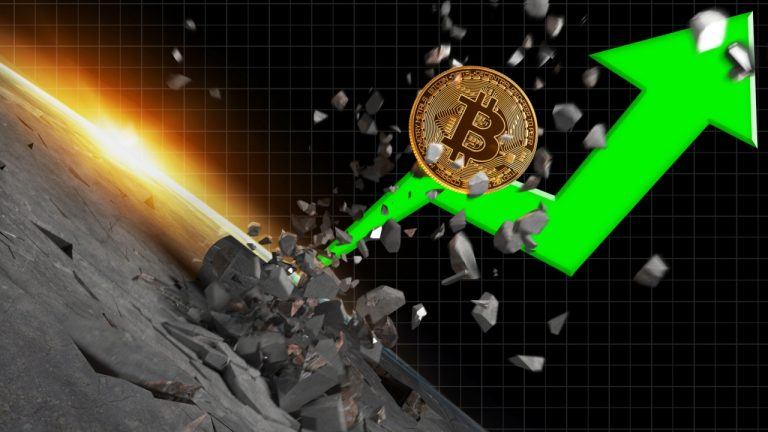


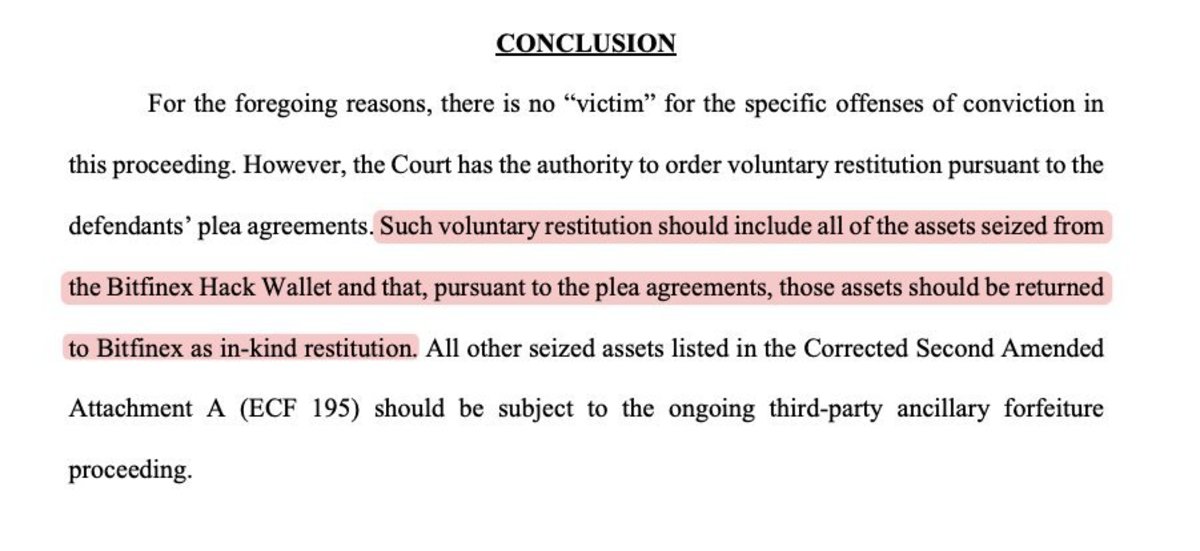
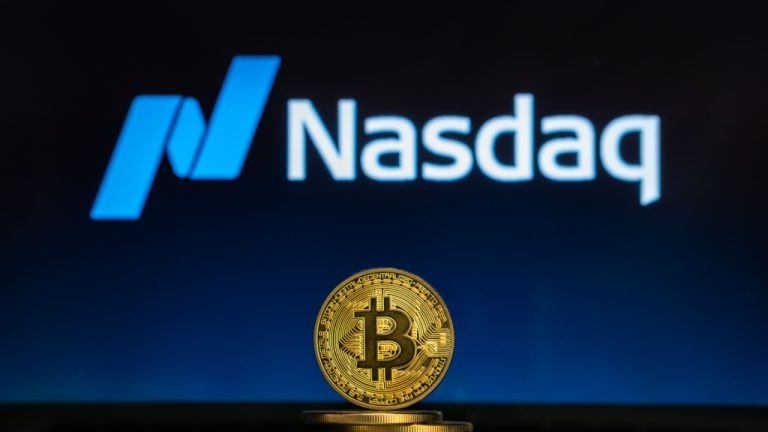



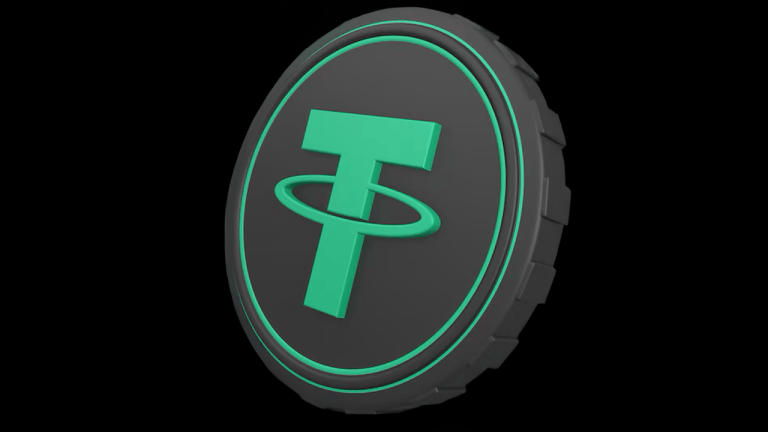

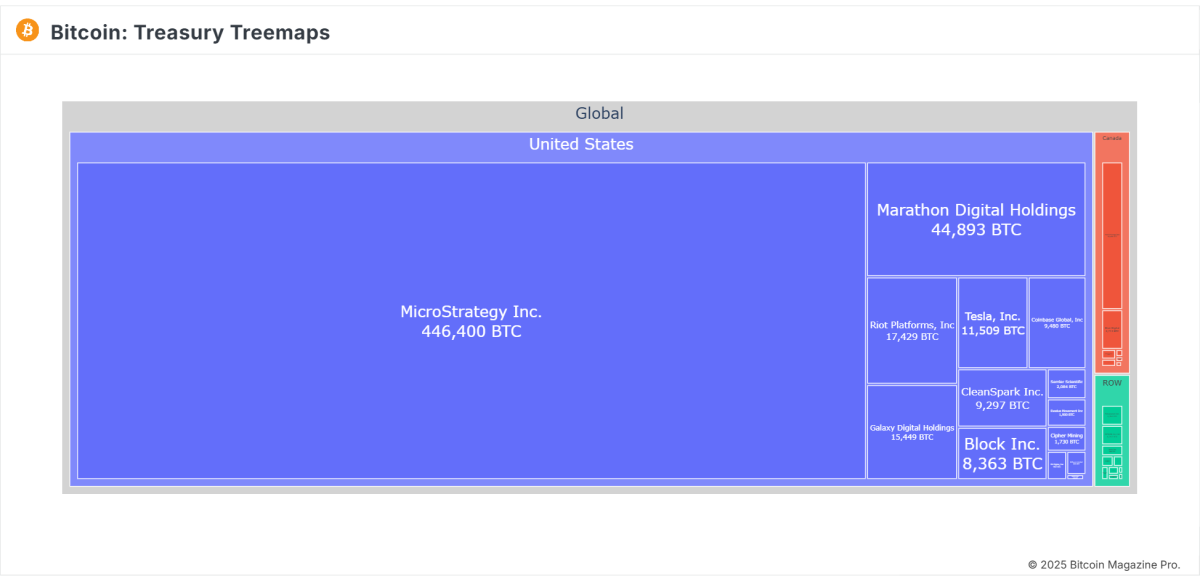
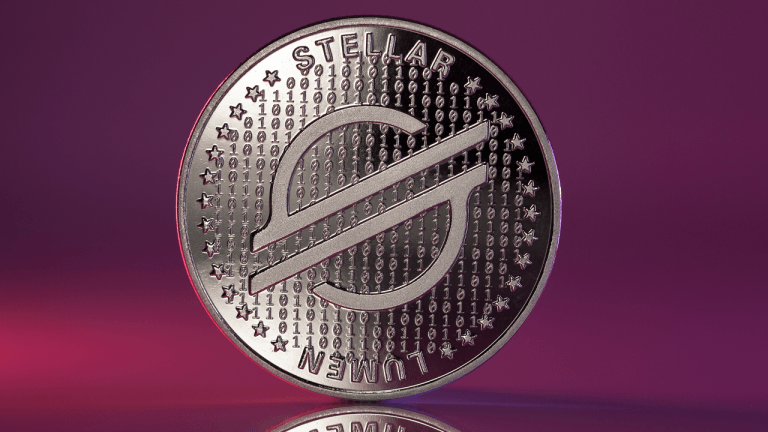


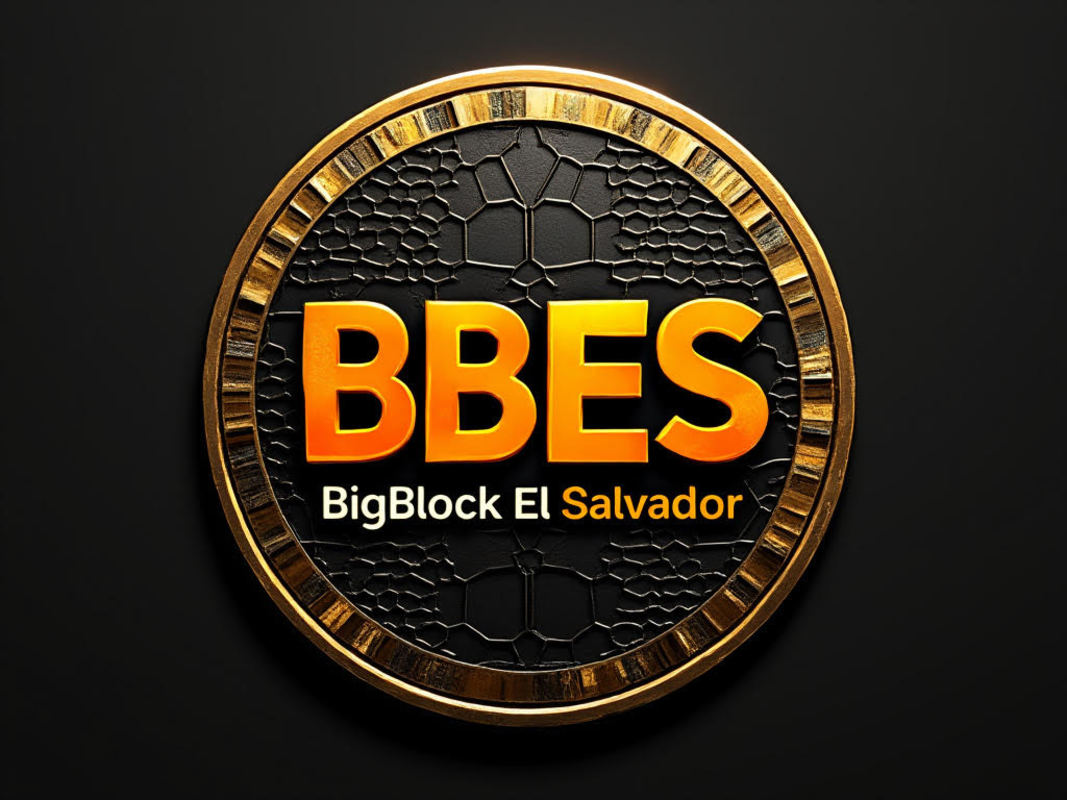

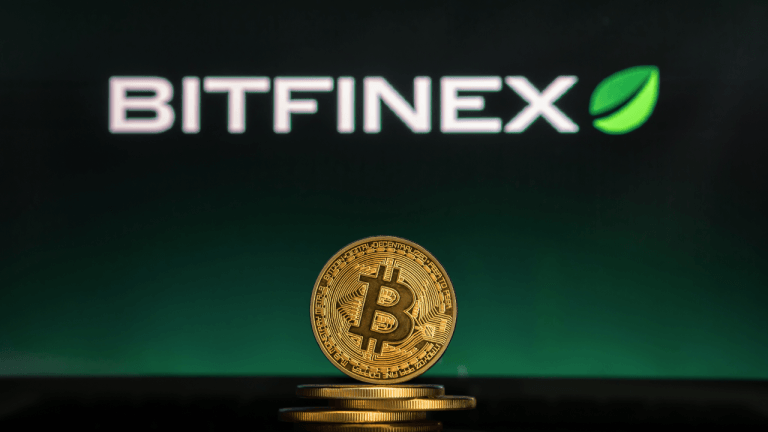



Comments